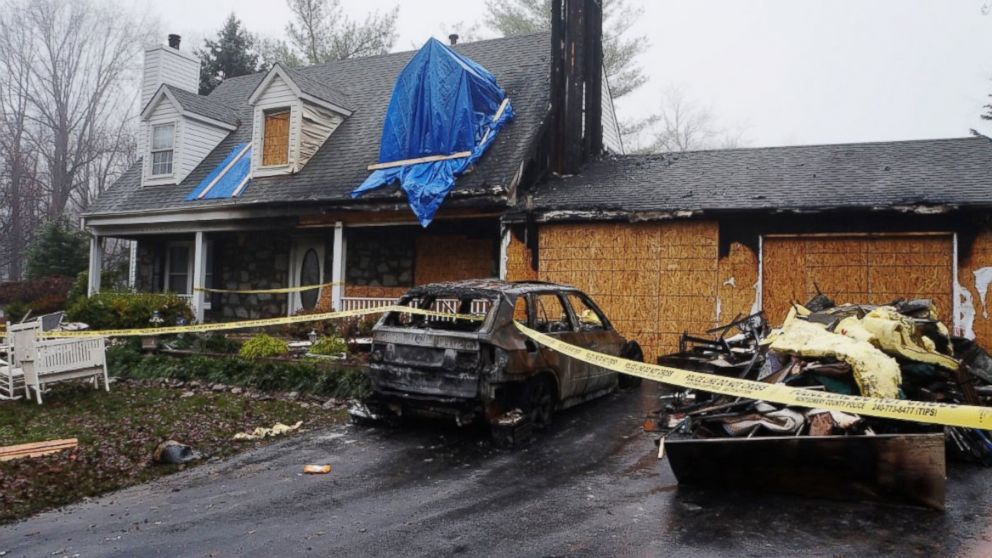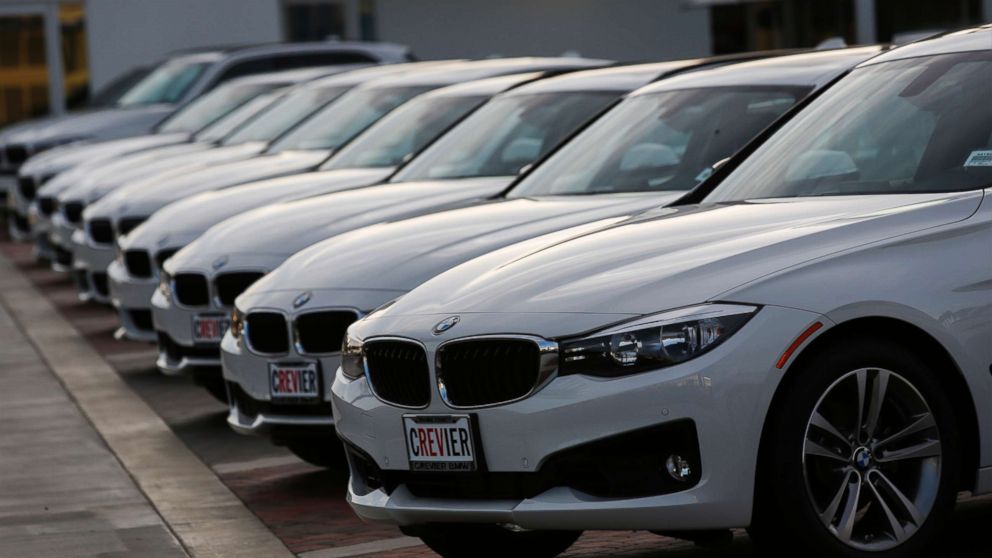ucmndd
Well-Known Member
These "facts" are meaningless when the "far less likely" BEV fires just so happen to occur when the car is sitting idle in a garage and will burn your home to the ground in the middle of the night.Just the facts:
All told, however, car fires happen. With 174,000 fires alone (in 2015) in the United States, that’s about one every 3 minutes. No matter how safe you make a vehicle, it always has the chance to catch fire.
It’s also clear that electric vehicles are less likely overall to catch fire, even with the current Bolt fires. Tesla claimed that gas cars are about 11 times more likely to catch fire than a Tesla. They refer to fires per 1 billion miles driven. With 300,000 Teslas on the road in 2019, and more than 7.5 billion miles driven at the time, there were about 40 fires reported. That’s five fires for every billion miles traveled, compared to 55 fires per billion miles traveled in gasoline cars.
Gasoline cars don't do that.





